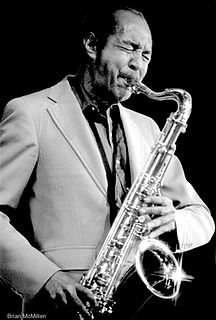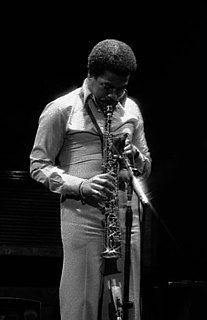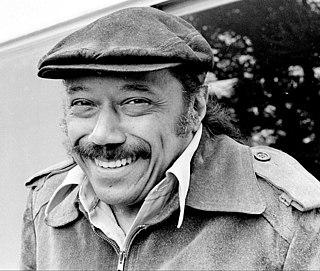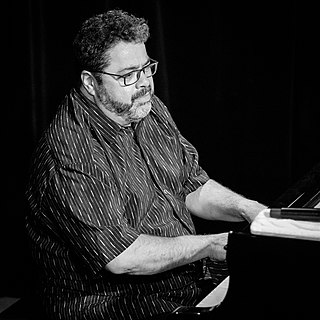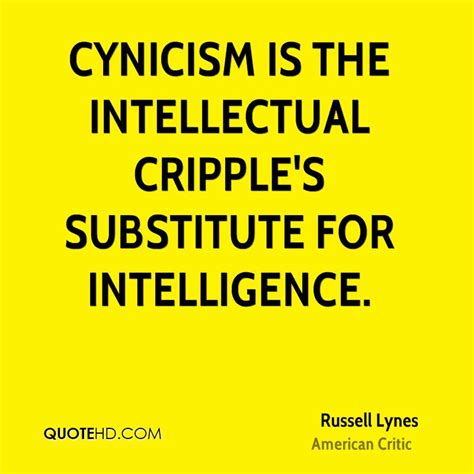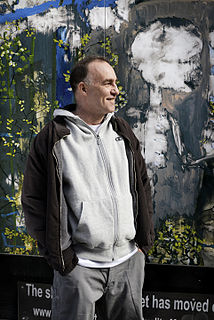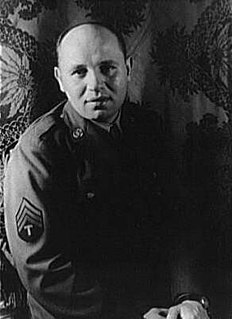A Quote by John Kao
Improvisation in the jazz sense - like the business sense - is not formless. It is built on a skill set. Jazz, for example, involves selecting a tune.
Quote Topics
Related Quotes
One interesting thing about jazz, or art in general, but jazz especially is such an individual art form in the sense that improvisation is such a big part of it, so it feels like it should be less soldiers in an army and more like free spirits melding. And yet, big band jazz has a real military side to it.
In some ways, jazz is the most precise of art forms and the loosest in the sense that it's all about improvisation, but the musicianship required is kind of insane. To actually play with real jazz musicians is a different level of musicianship that almost has no equal in any other form of music in the world.
That's what it is-it's jazz. It's just jazz. That's what the whole thing is about to me. It's about what's happening right now in this context. This conversation is jazz to a certain extent. It's improvisation. What appeals to me about music is the improvization. That's what I don't like about the media-they're not living it.
I may be prejudiced, but I believe that jazz music has the strongest healing potential, and it's not just because I play it and love it so much. I feel that it's the improvisation in jazz that makes it so strong as a healing tool, what each individual gives to a tune from their heart and their soul when they take a solo. It's all spontaneous, and it's all love, and from the heart.
Improvisation was the blood and bone of jazz, and in the classic, New Orleans jazz it was collective improvisation in which each performer, seemingly going his own melodic way, played in harmony, dissonance, or counterpoint with the improvisations of his colleagues. Quite unlike ragtime, which was written down in many cases by its composers and could be repeated note for note (if not expression for expression) by others, jazz was a performer's not a composer's art.
I love jazz. So to me, there are two main types of jazz. There's dancing jazz, and then there's listening jazz. Listening jazz is like Thelonius Monk or John Coltrane, where it's a listening experience. So that's what I like; I like to make stuff that you listen to. It's not really meant to get you up; it's meant to get your mind focused. That's why you sit and listen to jazz. You dance to big band or whatever, but for the most part, you sit and listen to jazz. I think it comes from that aesthetic, trying to take that jazz listening experience and put it on hip-hop.
We don't live in a jazz world, unfortunately. I think if I had lived in a jazz world, I would have done OK. I'm not sure I would have done great. I'm a lover of jazz music, so I would have been happy, don't get me wrong. I go to jazz concerts like the biggest jazz fan in world. The drag is that I don't play jazz for a living.




